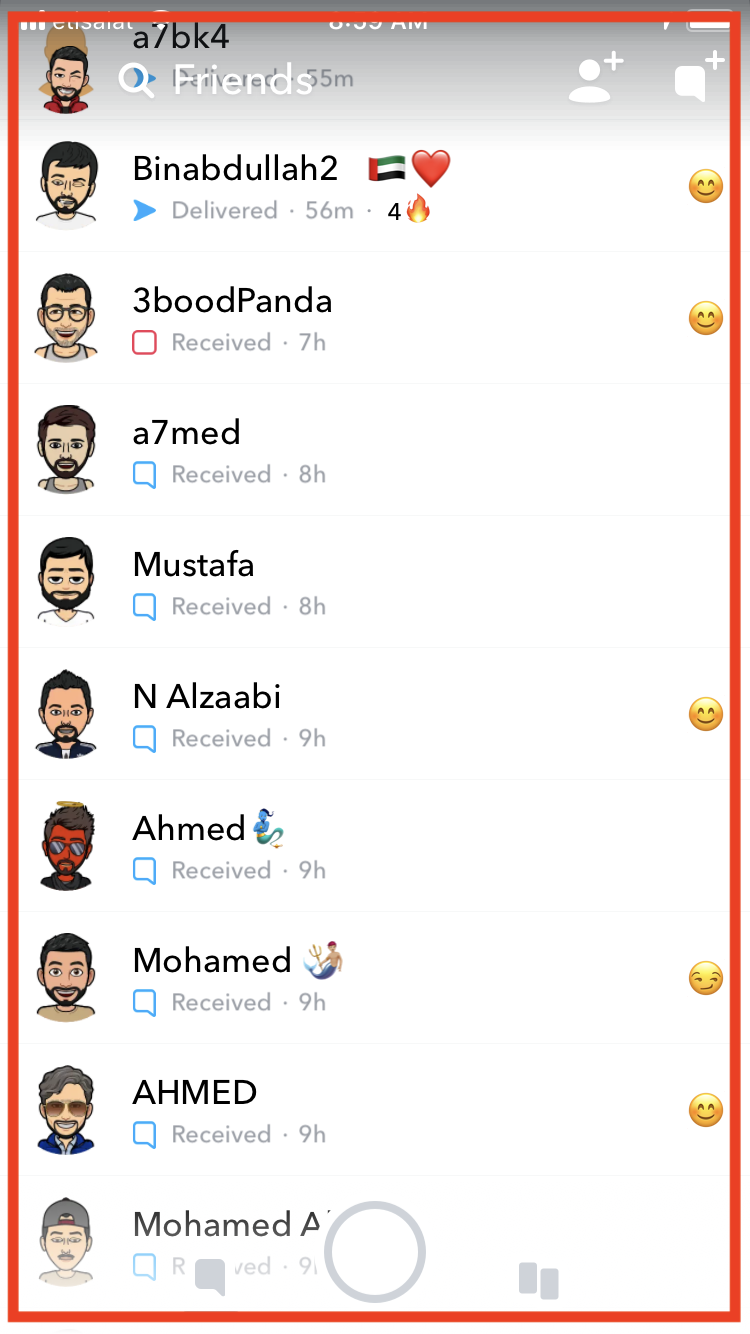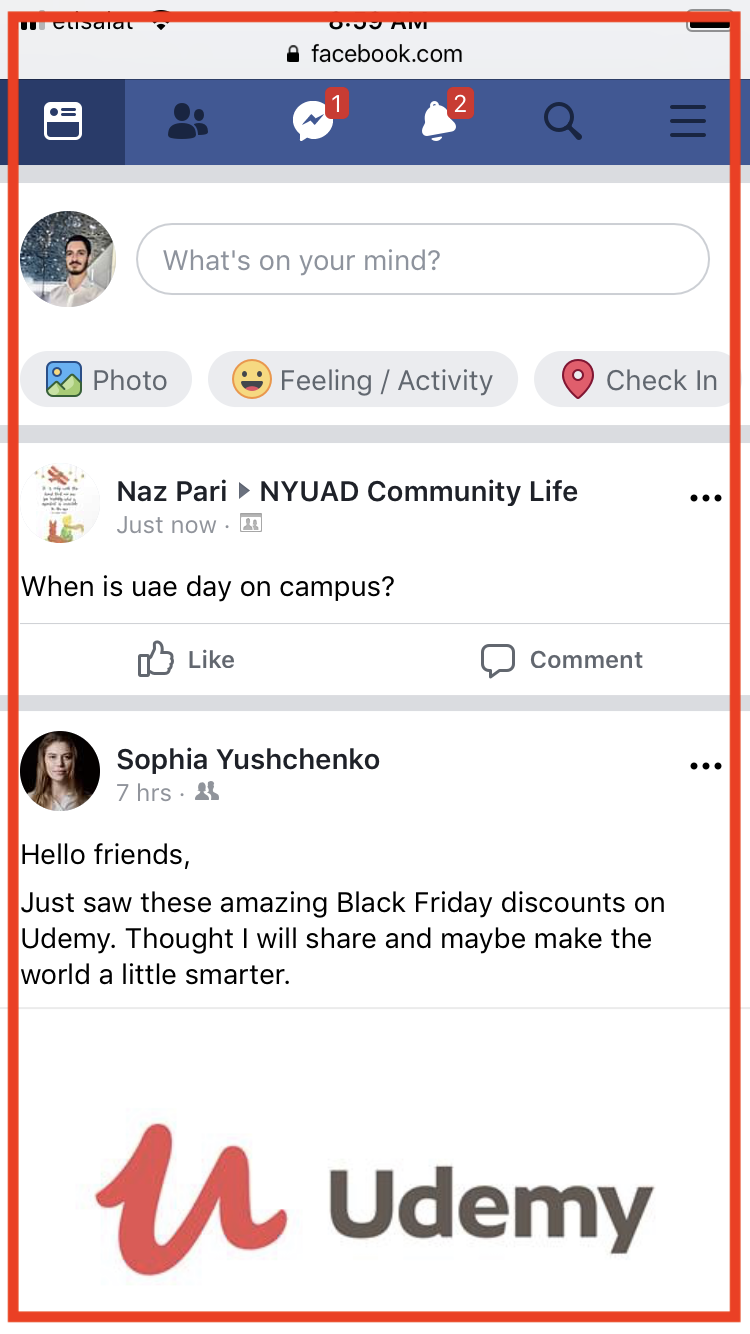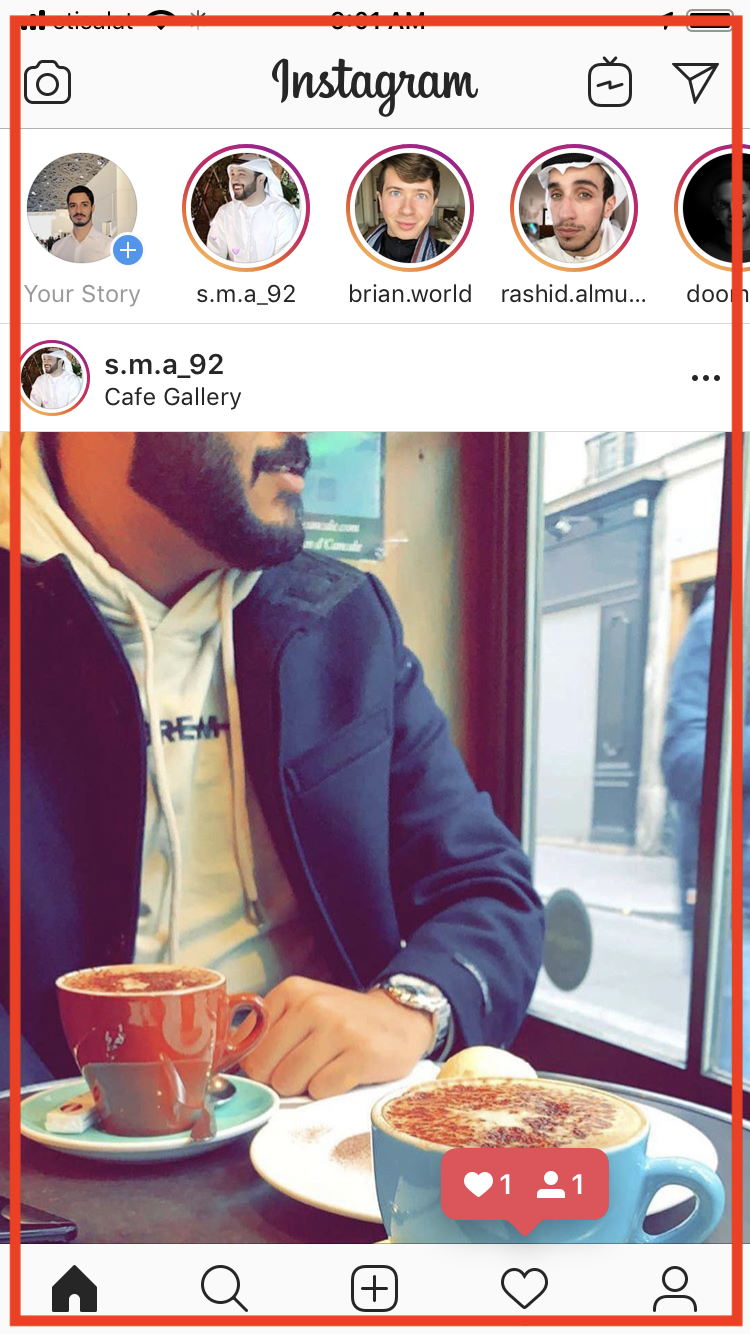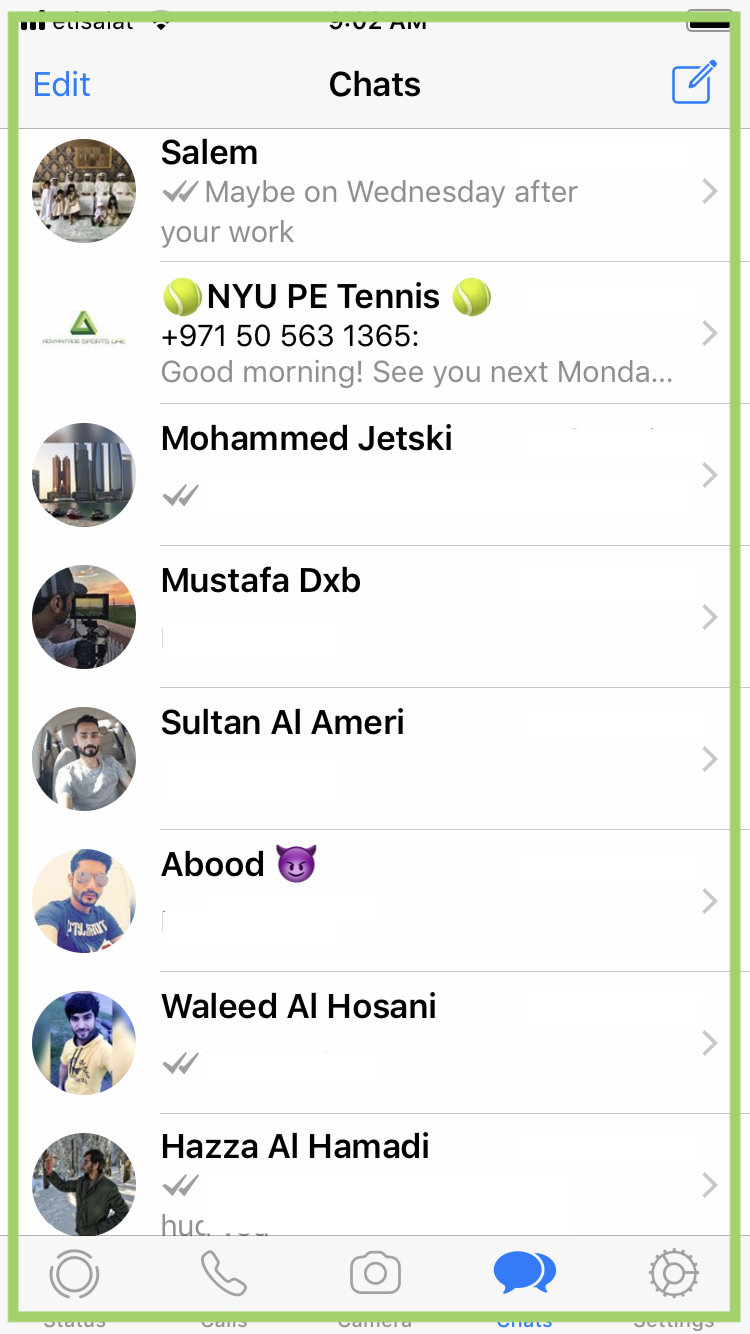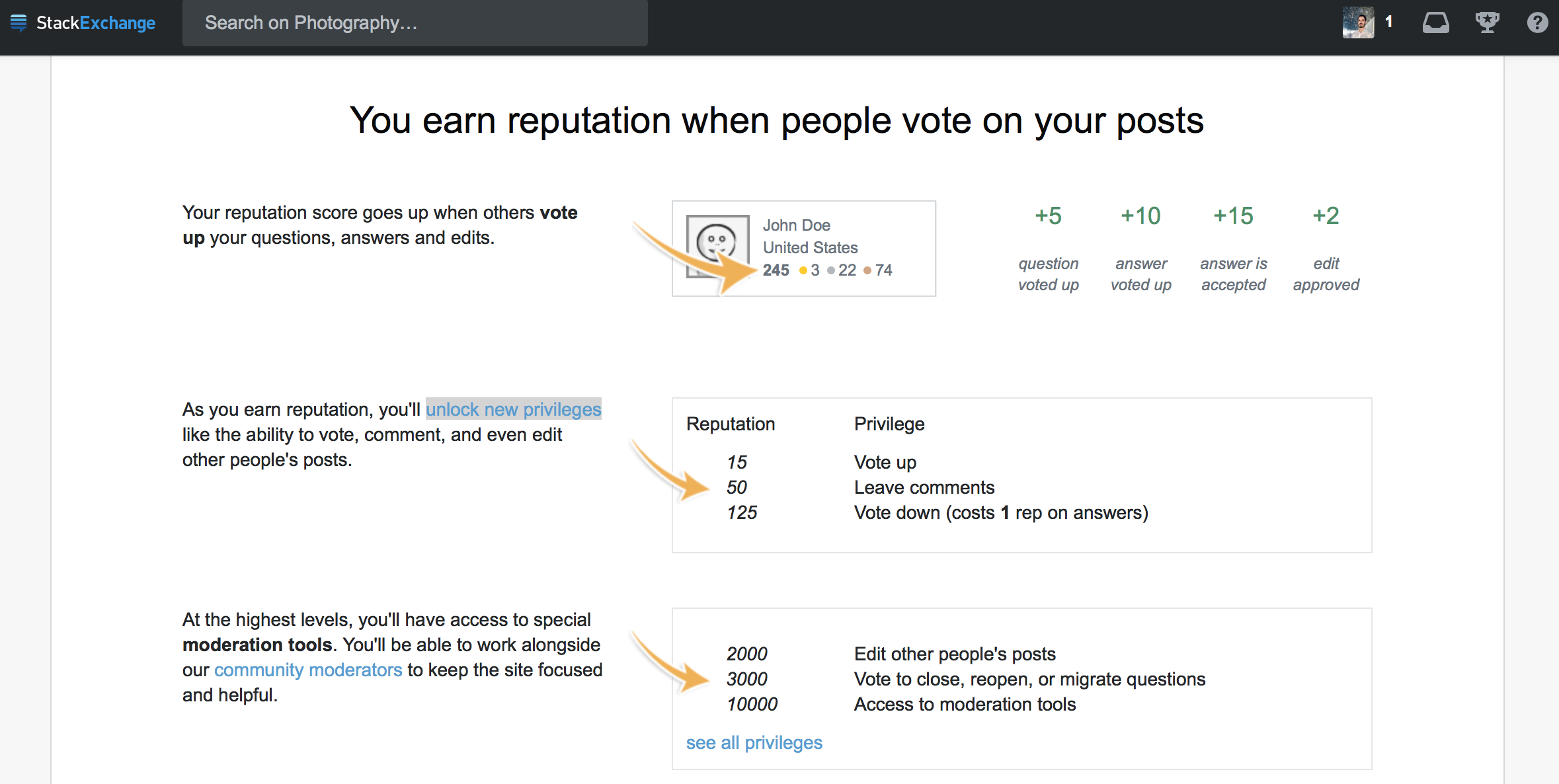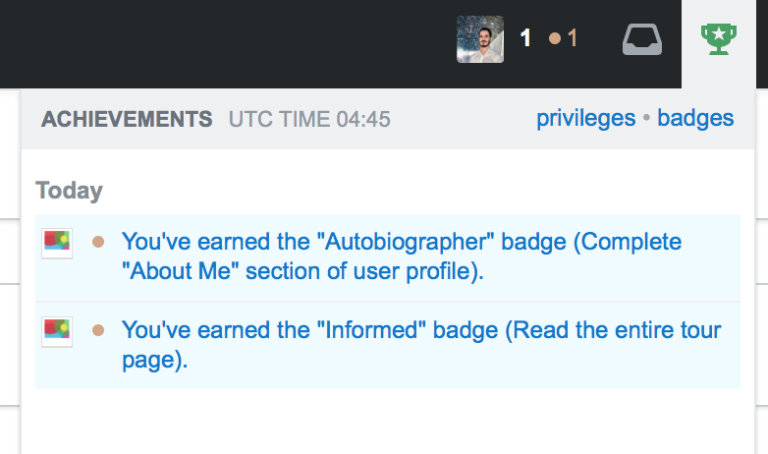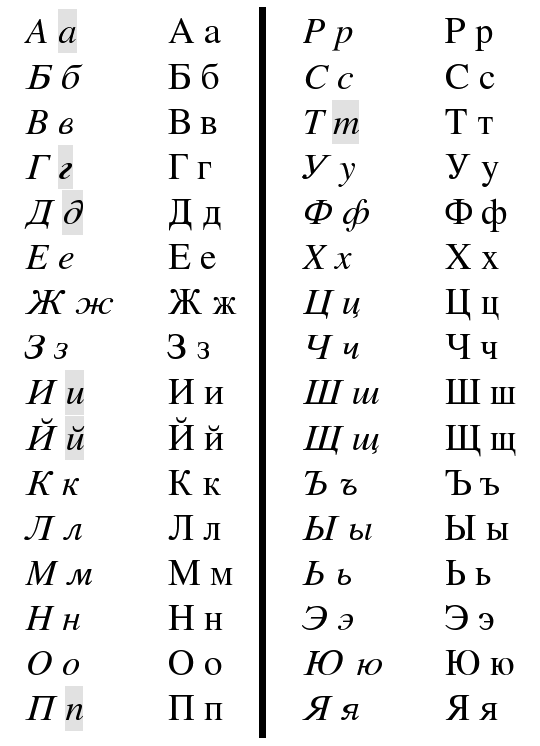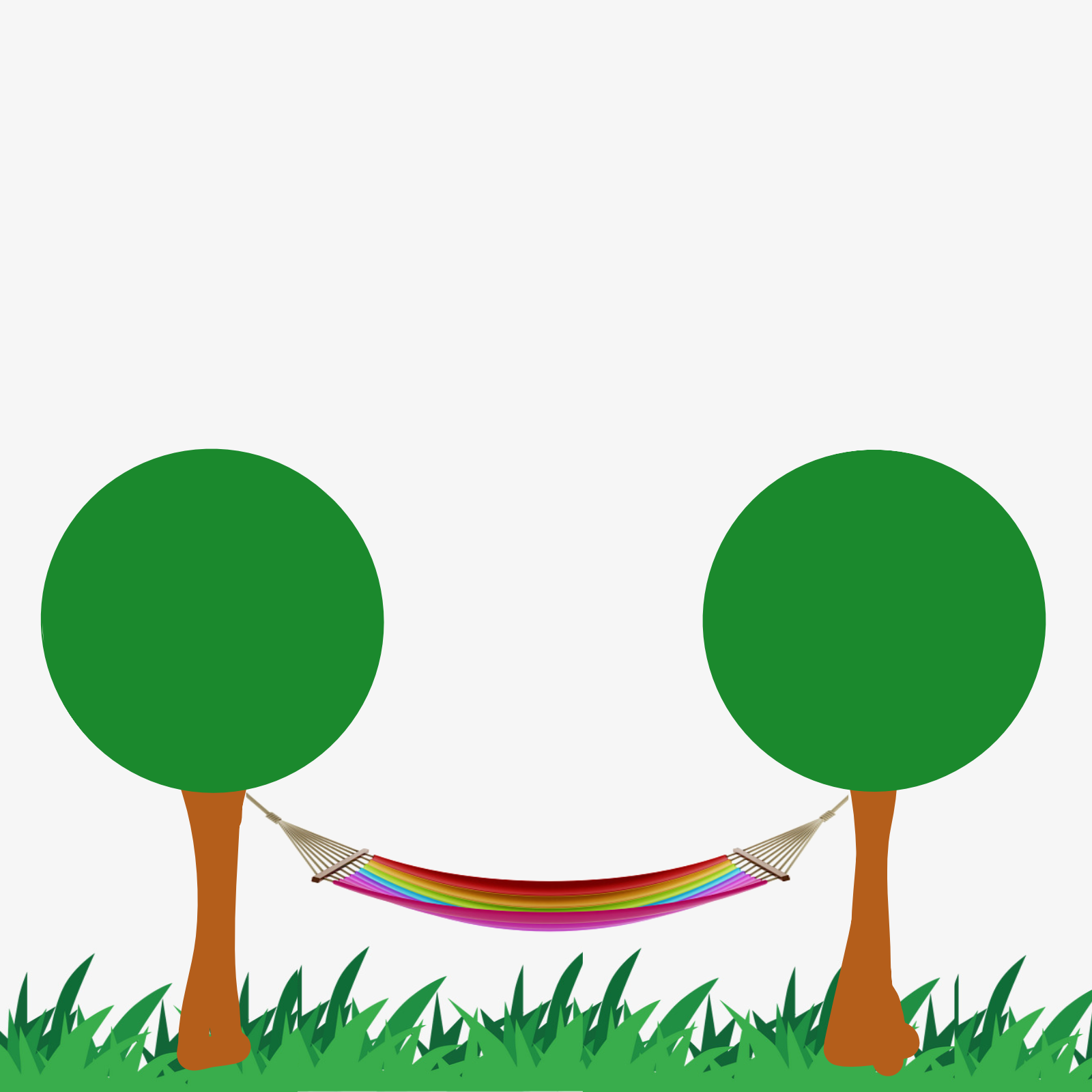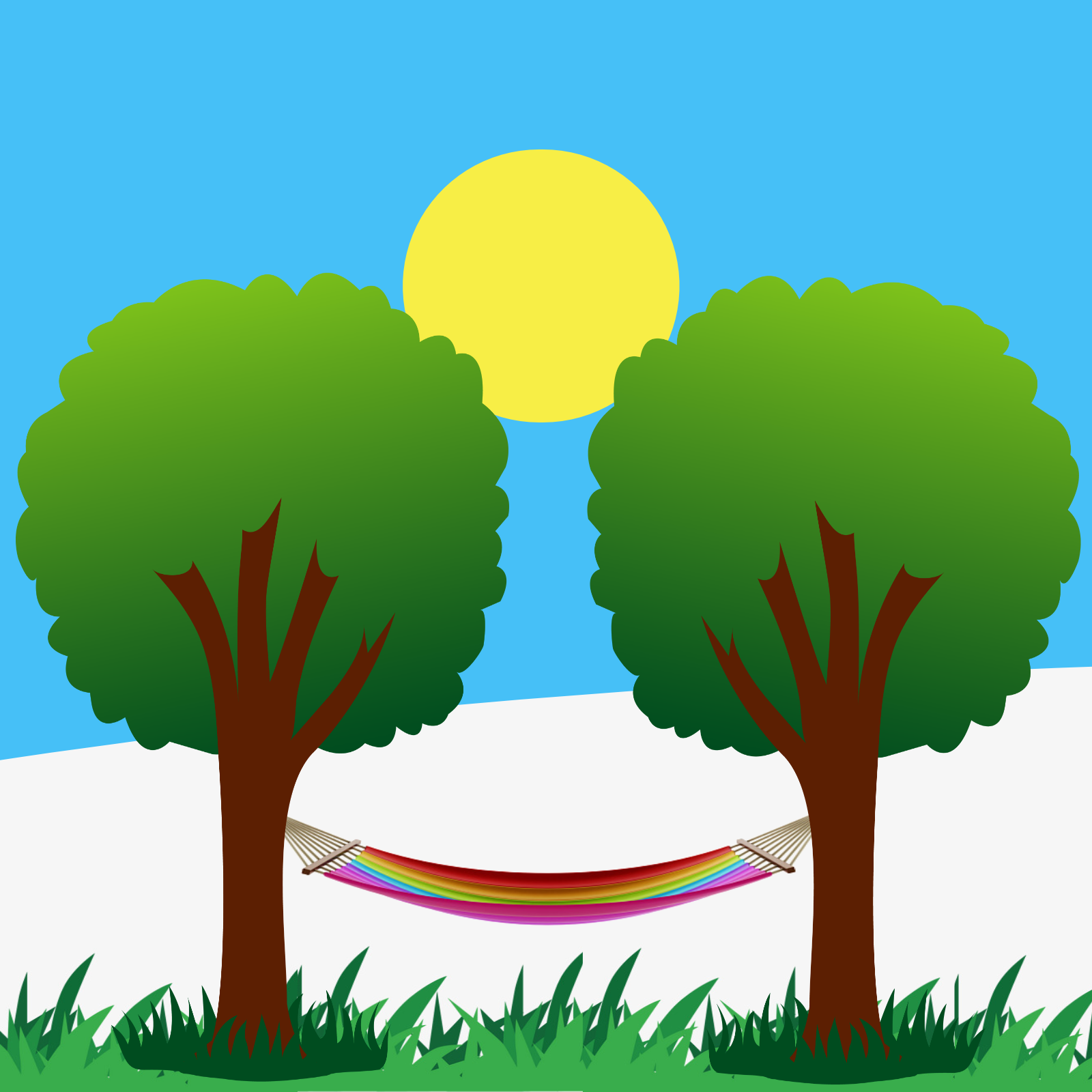Premise: Recreate ResEd housing application process, invite the audience to join a satiric internal view of the ResEd team on the day of opening the housing portal and hear about what two eager students are going through in the process.
Interaction 1 – Setting the scene
Flavia: Good morning Howler Radio tune ins, this is RA Flavia Cereceda on set with you and you are now listening to Sounds of the Housing Arrangement, a special live broadcast covering Housing Selection- brought to you by our main sponsors, The Gazelle national newspaper.
On this fine Saadiyat morning we also have RA Ali Al Dhaheri on site, the housing portal just opened so he is currently sitting on his RA desk in A5B and is going to be handling any potential problems students might encounter through the process, can you hear us Ali?
Ali: Hello Flavia -Yes yes, I can hear you.
Flavia: Perfect, it’s great to have you here with us today Ali, how are you feeling about the housing process?
Ali: I’m actually feeling pretty good about it, this year ResEd worked very hard on the portal so I’m confident that there won’t be many problems, I’m expecting a very calm morning and I’m sure I’ll be able to handle any issues that come my way .
Flavia: That is great to hear Ali! So, the housing application has just gone live – and for all you tuners, we would like you to know that if you’re going through any problems, we’re also going to be taking live calls here at Howler starting now – so please don’t hesitate and dial our Howler # written in the comments – We are here for YOU. But the meantime, let’s listen to some under-appreciated jazz elevator music.
(Jazz Music plays for a few seconds – Inter)
Interaction 2 – Sharon’s Complaint
(Phone rings)
Flavia: Oh well, that was quick
(phone pick up)
Sharon: Hi, I just wanted to say I’m SO excited for this. I’ve been counting down the minutes and I have everything ready!
Flavia: Great!
Sharon: This year is the year! I’m not making the same mistake as last time. The housing time slots are in Gulf Standard Time, right?
Flavia: No, actually this year we changed it to GMT – 3!
Sharon: Oh wait what, why would you do that? – Nevermind, I’m having trouble with the housing portal. Just a minute ago, I was logged in and I was ready to choose my room but then the website crashed!
Flavia: Okay – can you send an email to our IT team to let them know?
Sharon: I tried but the whole wifi system is down too.
Flavia: Well, umm, hmm, yeah lemme see on my side of things. I might have to talk with our IT team and see why some residents would have access while other don’t. Not to worry, it might just take 5 minutes to fix. Hopefully nothing happens again…
Sharon: 5 minutes?! That’s way too long. My time slot is now, I can’t miss it!
Flavia: Just wait a little bit, it should be fixed soon. That’s strange, the wifi signal seems fine in the freshmen dorms
Sharon: Wait – hold on – I think it’s working now actually
Flavia: Oh okay awesome! I’m glad it’s working now!
Sharon: But the room I selected is not showing up anymore. Why is that?
Flavia: It’s tough competition out there. Better luck next time.
Sharon: What? No, no wait you don’t understand, I’ve been waiting three years for this chance, everything was going as planned… I think the freshmen blocked the wifi here somehow… They’re taking up our spots! Please, you must help me – can’t you change it?
Flavia: Sorry, I can’t do anything to help from here! Please head to the RA dest at A5B and I hope you have a great semester!
(Hangs up phone)
Interaction 3 – Tensions Rises on Ali’s Site
Flavia: Well that was an exciting! How are we doing down in A5 Ali!
Ali: Exciting??? If she was affected by this, then there are probably others who are experiencing the same issue! If this goes on further, we might just have to postpone the Housing Selection yet again!
Flavia: Haha, it might be just minor issues Ali, don’t think into it too much.
Ali: What do you mean?!?! If she didn’t have a chance in selecting her room, there will be an uproar, especially in FaceBook, and we both know how much that affects how things are dictated here!
Flavia: Relax Ali, if the selection was really going bad, we would have gotten another call by now…
(Phone rings)
Interaction 4 – Theo’s Complaint
Theo: Hi, I am calling because I JUST got a reminder email that that the room selection period opens up on Monday Dec 4… anddd it is Tuesday the fifth! I thought it opens up on the 7th!
Flavia: Uhm , it must have been a technical glitch. It actually opened right now! We just got a new system, coded it ourselves, pretty proud of it!
Theo: Uhm, anyway, So I went to the housing portal using the link in the email you sent me. The link doesn’t work. Can you please give me the correct address asap, I hope the good rooms are still available.
Flavia: Ok. Go to www.res.ed.housing.abu.dhabi.nyu.edu. (say it fast) Did you write it down.?
Theo: Uhhmm yeah… sure. SO I opened the housing portal, it says that I didn’t register on time…
Flavia: Yeah, you have to pay a 147 dollar late application fee, 38 dollars excessive reminders fee, and 29 dollars for timbits and other incurred expenses, and 21 dollars value added tax/
Theo; what…
Flavia: yeah, this is the only way we can let you proceed with your room selection.
Theo: ok then… I just wired the funds. Why is the portal still not opening…
Flavia: oh… must be another technical glitch…
Theo: ok so I just got in. I am searching for rooms and it says no singles available!
Flavia: Yeah unfortunately at this point all the rooms have been taken by freshmen. we are trying some new incentive strategies giving them priority. Also, instead of singles, we created a shared living community area which houses 60 students in the same room. We just opened the new wing of campus housing, previously known as D1. This is your only room option left, so I will go ahead and reserve you a sofa in the new d1 apartment.
Theo: but but.. ..
Flavia: Thank you for calling Res-Ed. For any further complaints please visit the RA Desk on A5B! Have a great semester!
(Hang-up the phone)
Interaction 5: Uproar happens
Ali: Flavia!!! I heard that!! – That wasn’t helpful at all, this is only getting worse!!
Flavia: Haha its okayyyy, I mean this is why we have charges, whenever we mess up, we can just blame it on them and make them pay!
Ali: I know Flavia, but all these bean bags, hammocks, timbits, and donuts around us won’t help us now with our residents’ issues!
Flavia: ooooooh talking about donutss, can you save me a glazed one??
(Sound of protest outside)
Ali: Wait…. Do you hear that?
(sound becomes louder)
Flavia: Oh wow, would you look at that! It sounds like there are people outside probably praising us! Listen, they are chanting our names!!
Ali: What do you mean?!?! It’s an angry mob! I’m so dead!!
(Sound of mob stops)
(sound of someone breaking the door)
Ali: (screams and shouts) – sound is cut
(Jazz starts playing again)
Flavia: Oh that was weird! It seems like we’re having some small technical problems on site – but that’s no problem, we’ve sadly reached the end of our broadcasting time. I hope you’ve had a good time with us, we most certainly have with you! For any live complaints please head to A5B, else have a great Housing Selection and make sure to tune in for our Dining Hall special next week!
THE END
